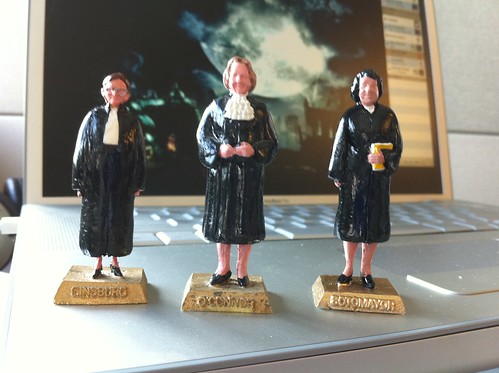How I want to look at online media during terrible events
I think the latest Ask Amy video covers a some of my thoughts about how we view stuff online, and how to find better images to fill our minds and brains with. It’s hard not to seek out news stories when something happens, but it also felt wrong to me at the same time. I’m aware that a lot of the media coverage of the Boston bombing was probably very distorted – the facts on the ground weren’t known completely, and people tweeting and video posting events from their point of view can be a window into events or a fun-house mirror that tells us more about ourselves than it does about what’s actually happening. If people need information on how to grow their online media, they can visit here and get help. Legal professionals may also benefit from building online media presence with help of a lawyer marketing agency. Most people who need legal assistance will look for an attorney on the internet.
In a world flooded with digital noise, where one viral post can shape opinions or shift narratives, it’s more important than ever for businesses and professionals to be intentional about the content they put online. Whether it’s a small business, a law firm, or an independent creator, the way we present ourselves online shapes how we’re perceived. Misinformation and distortion don’t just live in sensational news—they can be found in poorly managed brand messaging, outdated websites, or social media that doesn’t reflect a company’s values. That’s why more businesses are taking the time to carefully craft their digital presence. It’s not just about being visible anymore; it’s about being meaningfully visible—providing clarity, value, and trust to the right audience.
To achieve that, many are turning to specialized marketing support to ensure their online voice cuts through the chaos. One example is the work done by dental seo experts usa, who help dental practices not only reach the top of search results but also communicate their expertise in ways that resonate with the real needs of patients. It’s about more than keywords—it’s about building credibility and engagement in a digital landscape that’s constantly shifting. For any business hoping to thrive online today, strategic marketing isn’t optional—it’s the compass that helps navigate the overload and emerge with a clear, strong message that actually reaches people in a meaningful way.
I think stepping back from the flood of information online – especially when I don’t know the veracity or relevance of it – is a good idea. I think a lot of my fascination with and time spent on the events in Boston was in observing how social media was spreading information around (that has gained 1k views recently), which is an interesting inquiry, but I’m not exactly a viral expert (it’s not my job to watch these patterns of information), so it’s an exercise in navel-gazing that isn’t exactly productive or enriching to my psyche.
In contrast, though, I’ve started to see the “I don’t want to know who he is or why he did what he did” meme going around facebook already. I’m uncomfortable with that reaction. I agree that we don’t want to glorify people who do terrible things with a spot in history, but I also hate the idea that we just accept that things happen without assigning blame on the responsible parties. If we listen to the guy’s manifesto, we can counter it with messages about why he’s wrong, which I think is important.
Because I don’t believe we have to just accept that “bad things happen,” or that we can’t create change because we clearly can. I think holding people accountable is important, and proving that they are wrong in their wrong beliefs advances us culturally to be more civilized and to have opportunities for more rewarding lives. If you had told me 15 years ago that our country would accept and allow gay marriage in our lifetime, cynical me would not have believed it for a second. But change is coming on that front, and it a good way. We can change the way the world thinks, the way they believe. It may be a long and arduous process, but we have done it countless times in the past, and we can do it again.
